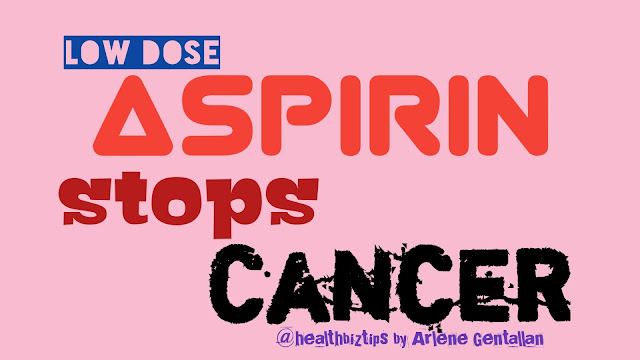What makes the 2019 Novel Coronavirus so deadly?
 |
| What makes the 2019 Novel Coronavirus so deadly? | Healthbiztips |
Why the 2019 Novel Coronavirus is deadly? | Healthbiztips
@healthbiztips by Arlene Gentallan
First emerged in the city of Wuhan in China, this new strain of coronavirus, called the 2019 novel coronavirus, has been declared by the World Health Organization as a global health emergency. Infecting thousands and claiming hundreds in it's wake, this ailment significantly heightened the public's fear, but what makes it so notorious and lethal?
Although signs and symptoms of the 2019 novel coronavirus may appear atypical with manifestations of fever, cough, and breathing difficulty, reported deaths are primarily brought by the development of pneumonia and respiratory distress.
One source of concern among healthy individuals that are afflicted with this illness is the developement of cytokine storm in which the body's immune's system goes out of control resulting to damage in vital organs such as in the lungs and kidneys which can ultimately lead to the demise of the infected person. The problem with cytokine storm is that the more robust the immune system of the individual, the more damage it does to the body as it goes haywire causing fluid build-up and unnecessary inflammation. Note however, that cytokine storm is not the hallmark of the 2019 novel coronavirus as it can also occur as a result of some other forms of infectious diseases.
What is more, this disease is especially fatal to the vulnerable part of the population such as those afflicted with cancer, are immunocompromised, at the extremes of age (young and old) since their weak immune system is unable to fight off an infection.
Although much is said about the potential danger of the 2019 novel corona virus, it is worth mentioning that the death rate of 2019-nCoV (2019 novel corona virus) is very low at just 2% which means that only 2 people out of 100 infected died. In comparison to ebola with a mortality rate of more than 50%, 2019 nCoV isn't as deadly.
Considering that this is a newly discovered disease, there is no vaccine nor medicine that has yet been made to treat it. Treatment is primarily supportive which includes hydration and assisted ventilation.
Adding insult to the injury, the outbreak in Wuhan China shows the world that a citywide infestation is possible, yet most of the nations, especially the developing ones, may not have enough resources to isolate and manage it.
Another source of alarm is that those afflicted with this brand-new disease are believed to be able to transmit it even before they show visible symptoms. Incubation period of this disease can be as short as 2 days or as long as 14 days at which time a person may be unknowingly spreading the infection.
This novel virus is a part of a larger family of coronavirus whose various strains are identified as the causative agent of common cold, SARS, and MERS.












